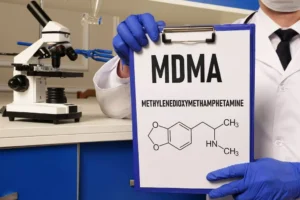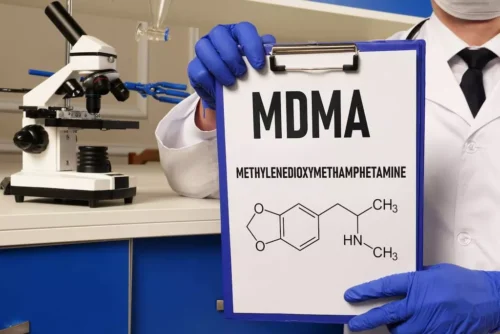
The more alcohol you consume, the more alcohol gets into your bloodstream. You’ve knocked back a few drinks and things start looking a little fuzzy. For more detailed information on how alcohol makes you drunk, check out this article.

Supplements to Help Rebuild Your Gut Health
- But their “genuine” show of wild drunken emotional abandonment remains contrary to their day-to-day personality.
- The almost immediate sedative effects of a drink can bring relief from intense anxiety, though like the strategy of avoidance, this only works for a short time, followed by a return of possibly stronger worry.
- Alcohol is a diuretic, increasing urine production and leading to dehydration, which can exacerbate symptoms like headaches and fatigue.
- Alcohol has the ability to impact emotions and behavior, often resulting in changes in mood and personality.
- Alcohol use is also linked to increased lifetime risk of physical assault.
While a BAC of .08 or over can get you into legal trouble, any amount of alcohol can interfere with your ability to drive safely. Drinking regularly overtime can lead to developing a tolerance to alcohol. This means that your body adapts to having alcohol, so you need more to feel the same effects that you did before. Many watch the clock until 5 p.m., then gratefully reach for a drink, our chosen marker of transition off the clock, particularly in the work-from-home experiences during the pandemic. Alcohol, then, represents the daily end of responsibility, the party flag beckoning us to relax and have some fun. A Saturday Night Live sketch skewered this trend by asking cast member Aidy Bryant, as the birthday girl, to showcase the variety of gifts given by her group of close female friends.

The rise of ‘sober curiosity:’ Why Gen Zers are reducing their alcohol consumption
With that said, alcohol is known to impact your brain in many ways. “When someone who has been a chronic heavy drinker stops drinking, a rebound occurs in which nerve cells become hyperactive,” he explains. All these factors can contribute to changes in marijuana addiction your behavior while you drink. Much like my cat’s relentless search for the hard-to-reach fishy treat, humans often exhibit behaviors driven by a deeper rationale that isn’t immediately apparent. We don’t realize that there is often a logical reason behind each behavior, disturbed or not. Plus, we’re always introducing new features to optimize your in-app experience.
- People with this reaction experience drinking alcohol as less pleasurable than others do, and they have lower drinking rates.
- “They might be able to better control these emotions when sober, but they’re still present on some level,” said Edmonds.
- They also found—though less conclusively—that drunk people seemed less neurotic.
Long-Term Risks
Long-term excessive drinking can lead to chronic health problems such as liver disease, cardiovascular issues, and mental health disorders. Regular heavy drinking can also contribute to the development of alcohol dependence and addiction. The duration of drunkenness varies based on several factors, including body size, age, biological sex, and overall health. After consuming alcohol, it typically takes 15 to 45 minutes to feel its full effects.
- When we’re analysing the feeling of being drunk, it helps to think about someone who never normally drinks.
- The experience of being drunk can be divided into several stages, each characterized by different physical and emotional effects.
- For younger generations, meaningful social experiences are less about following traditional scripts and more about creating inclusive and intentional environments.
- They were also asked to describe what they’re like when they are drunk by using the “big five” personality traits, which are openness, conscientiousness, extraversion, agreeableness, and neuroticism.
- She supports individuals who long for a better relationship with alcohol, helping them learn to drink less without living less.
We recently launched our in-app chatbot, Melody, powered by the world’s most powerful AI technology. Melody is here to help as you adjust why do i like being drunk to a life with less (or no) alcohol. There are few if any persons for whom you feel just one unadulterated emotion.
Health Conditions

Males and females metabolize alcohol differently because of differences in body composition. Females tend to have higher body fat percentages, and fat retains alcohol, leading to higher BAC and staying drunk longer. This means that if you go out drinking with a friend who weighs more than you do, your BAC will be higher and it’ll take you longer to sober up even if you both drink the same amount.



